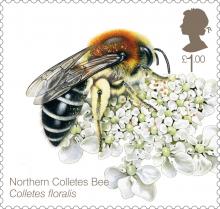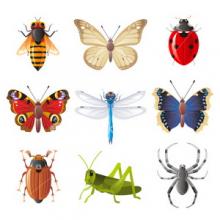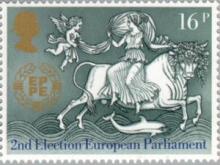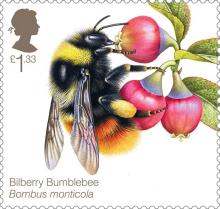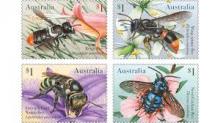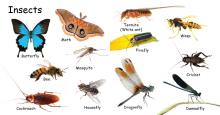Api e neonicotinoidi: gli insetticidi vietati contaminano ancora i campi europei
Nonostante la moratoria europea del 2013 sull’uso all’aperto, e la successiva conferma in senso restrittivo e permanente (a eccezione delle serre) del 2018, i neonicotinoidi clotianidina, imidacloprid e thiamethoxam sono ancora molto presenti sui terreni del vecchio continente e, in particolare, su quelli francesi, dove questi insetticidi sono stati vietati del tutto nel 2018 per tutelare le api e gli altri insetti impollinatori.


